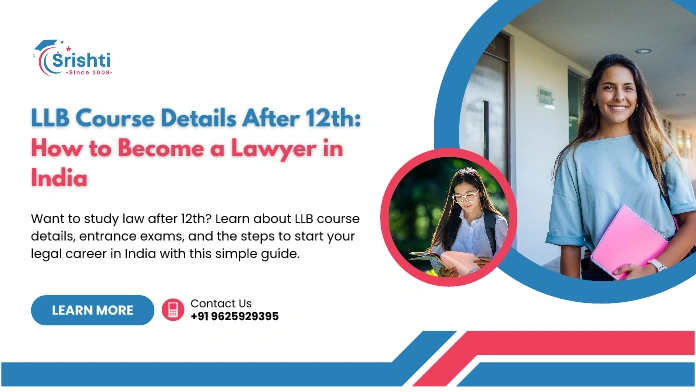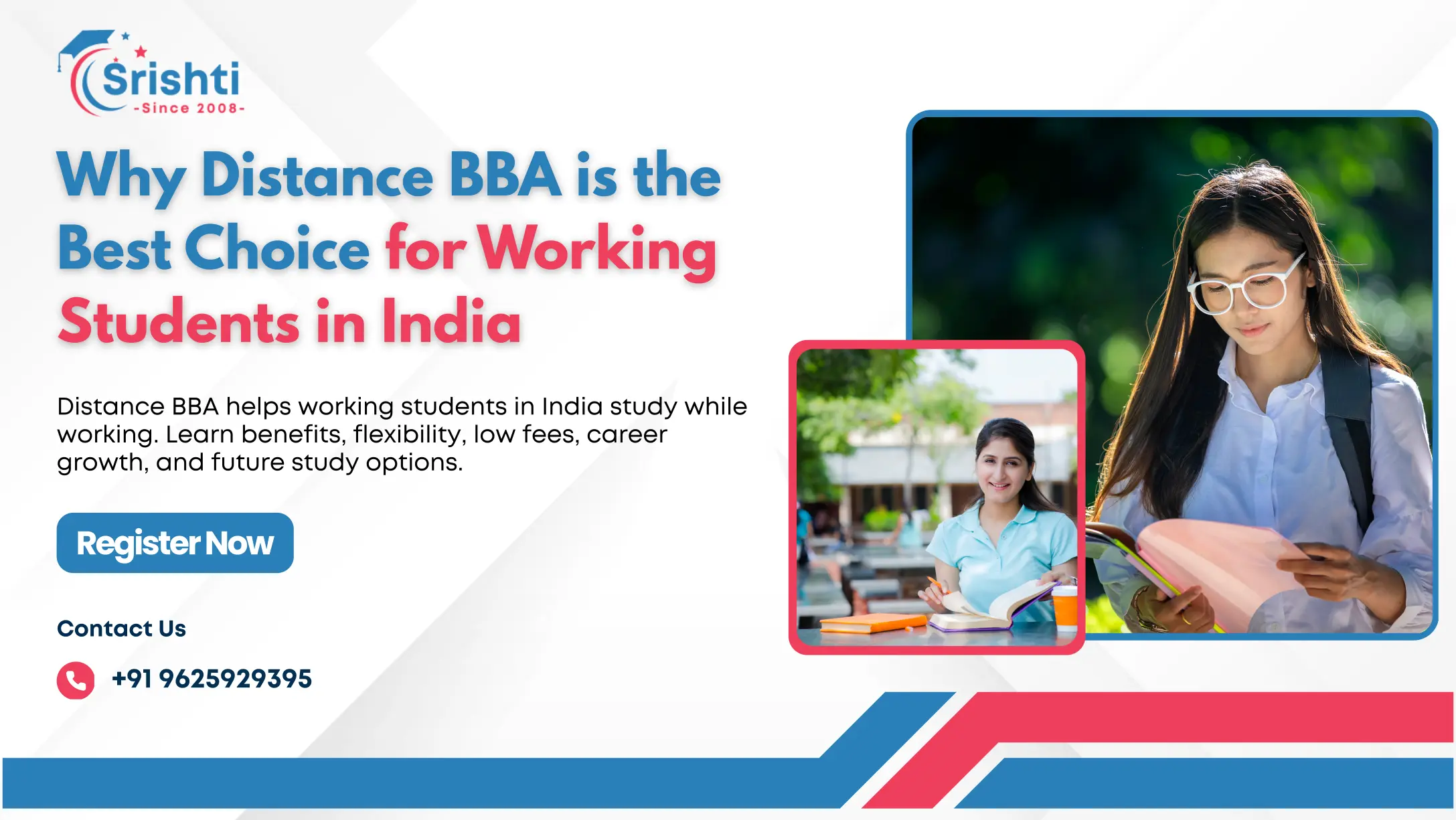
If you are passionate about becoming a teacher in India, you have probably heard of two major courses: D.El.Ed. (Diploma in Elementary Education) and B.Ed. (Bachelor of Education). Both are important qualifications for teaching roles at various levels. But a common question asked by students is, 'Can I do D.El.Ed. and B.Ed. Together?
In this detailed blog, we'll help you understand the differences between the two, the rules for pursuing them simultaneously, the eligibility requirements, the benefits of each course, and what to expect from the B.Ed in 2025 and beyond.
Understanding the Basics: D.El.Ed vs. B.Ed
What is D.El.Ed?
D.El.Ed is a Diploma in Elementary Education. It is a two-year diploma program that makes the candidates eligible to teach at the primary and upper primary level (classes 1 to 8). It is suitable for those who wish to get a head start in teaching, particularly after class 12. The course is a mix of theoretical study and practical training, making the future teachers strong in their teaching skills, practical classroom management skills, and thorough knowledge of child psychology.
Highlights:
- Duration: 2 years
- Eligibility: 10+2 with at least 50% marks (varies by state)
- Focus: Child psychology, teaching methodology, pedagogy
Career scope: Primary school teacher in government or private schools
What is B.Ed?
B.Ed or Bachelor of Education is a professional degree course that qualifies you to teach secondary and senior secondary students (Classes 9 to 12). It's a postgraduate-level course pursued after completing graduation. The program focuses on teaching methodologies, educational psychology, and classroom strategies. It also includes internships and practical teaching experience, making candidates well-prepared for real classroom environments across schools.
Highlights:
- Duration: 2 years (revised as per NCTE norms)
- Eligibility: Graduation with minimum of 50% marks
- Modes available: Regular, distance, and online
- Career scope: Secondary school teacher, PGT, competitive exam eligibility (CTET, KVS, NVS)
Can You Do D.El.Ed and B.Ed Together?
The simple answer is No; you cannot pursue both D.El.Ed and B.Ed together in regular (full-time) mode. According to UGC and NCTE guidelines, a student is not allowed to pursue two full-time degree or diploma programs simultaneously.
However, there is a workaround:
You can pursue both courses simultaneously only if one is in distance or online mode while the other is in regular mode. This enables students to save time and earn dual qualifications without compromising academic standards. Always ensure that the institute offering the distance course is recognized and approved by relevant authorities.
For example:
- D.El.Ed via NIOS (distance mode) + Regular B.Ed
- Online B.Ed Course + Regular D.El.Ed (rare but possible depending on approval)
Before enrolling, ensure that the university allows this combination and that both courses are NCTE-approved.
Why Do Students Want to Pursue Both Courses?
Many students and aspiring teachers want to complete both courses to:
- Broaden their teaching qualification from primary to senior secondary
- Increase job opportunities in both government and private schools
- Become eligible for both levels of TET (Teacher Eligibility Test)
- Strengthen their academic and teaching profile
This is especially useful for students who want flexibility in school teaching roles and faster career growth.
B.Ed in 2025: What's New?
The B.Ed course is evolving in response to changing educational needs and policies, such as the National Education Policy (NEP). What you can expect in B.Ed in 2025:
- Emphasis on digital and blended learning methods
- Enhanced curriculum aligned with NEP
- Use of EdTech tools and innovative classroom techniques
- Inclusion of gender sensitivity, inclusive education, and life skills
- Focus on practical school training and internship models
Candidates pursuing a B.Ed in 2025 should choose institutions that follow updated guidelines and provide modern teaching and learning infrastructure.
Career Opportunities After D.El.Ed and B.Ed
With D.El.Ed:
- Primary Teacher (Class 1–5)
- Upper Primary Teacher (Class 6–8, if eligibility met)
- Teaching in private or public elementary schools
- Eligible for CTET (Paper I) and State TETs
- Can apply for teaching positions in Kendriya Vidyalayas and Navodaya Schools
- Opportunity to become a Special Educator with additional certification
Eligible for promotion to Head Teacher or academic coordinator roles in primary schools
With B.Ed:
- Secondary or Senior Secondary Teacher (Class 9–12)
- Subject specialist (TGT/PGT)
- Eligible for CTET (Paper II), KVS, DSSSB, NVS, Army Public Schools, etc.
- Opportunities in online teaching platforms
- Can apply for lecturer roles in private colleges after postgraduation
- Eligible for school leadership roles like Vice Principal or Principal with experience
- Career options in curriculum development, education consultancy, and academic content writing
With Both:
Having both D.El.Ed and B.Ed qualifications increase your teaching range, enhance job prospects, and prepare you for promotions and administrative roles in education.
FAQs Related to Pursuing D.El.Ed and B.Ed Together
Q1. Can I do D.El.Ed after B.Ed?
Yes, you can pursue D.El.After completing a B.Ed., consider seeking an Ed if your goal is to teach at the primary level. However, completing a B.Ed alone qualifies you for higher classes, so a D.El.Ed may not be necessary unless specified by the job role.
Q2. Is it better to do a B.Ed directly after graduation?
Suppose you aim to teach secondary or senior secondary classes, yes. A B.Ed course after graduation is a direct path to teaching positions in higher grades.
Q3. Are distance B.Ed and D.El.Ed valid?
Yes, if they are from NCTE-recognized universities or institutions, such as IGNOU or NIOS.
Q4. Which is more valuable: D.El.Ed or B.Ed?
Both have their value depending on your career goal. D.El.Ed is mandatory for teaching younger classes, while B. Ed opens doors to higher-level teaching jobs.
Conclusion
While it is not legally permitted to pursue a D.El., Students pursuing Ed and B.Ed together in the regular mode can opt for a combination of regular and distance/online courses, provided they meet the eligibility and recognition requirements.
If you're planning to enroll in a B.ED course in 2025, make sure you apply to NCTE-approved colleges with updated curriculum and practical exposure. Having either one or both qualifications can shape a stable and successful teaching career in India.
Need help with B.Ed or D.El.Ed admission guidance? Contact Srishti Admission Point to explore recognized universities, get expert counseling, and ensure a smooth application process.
Recent Post








